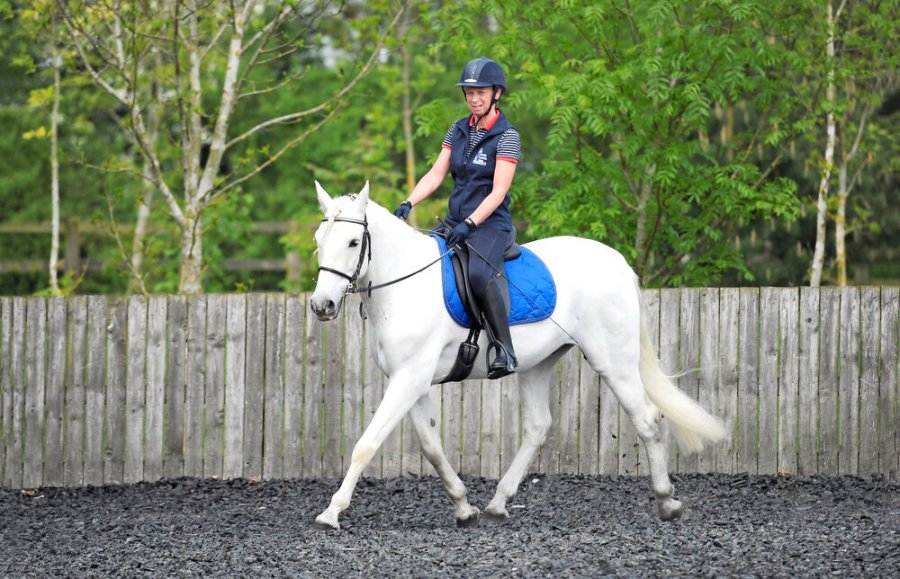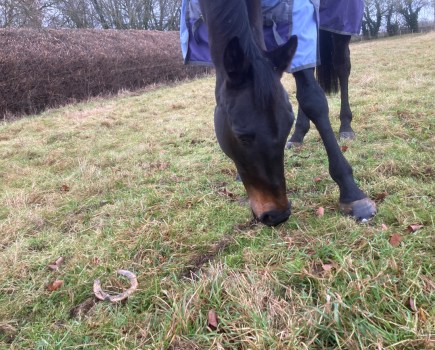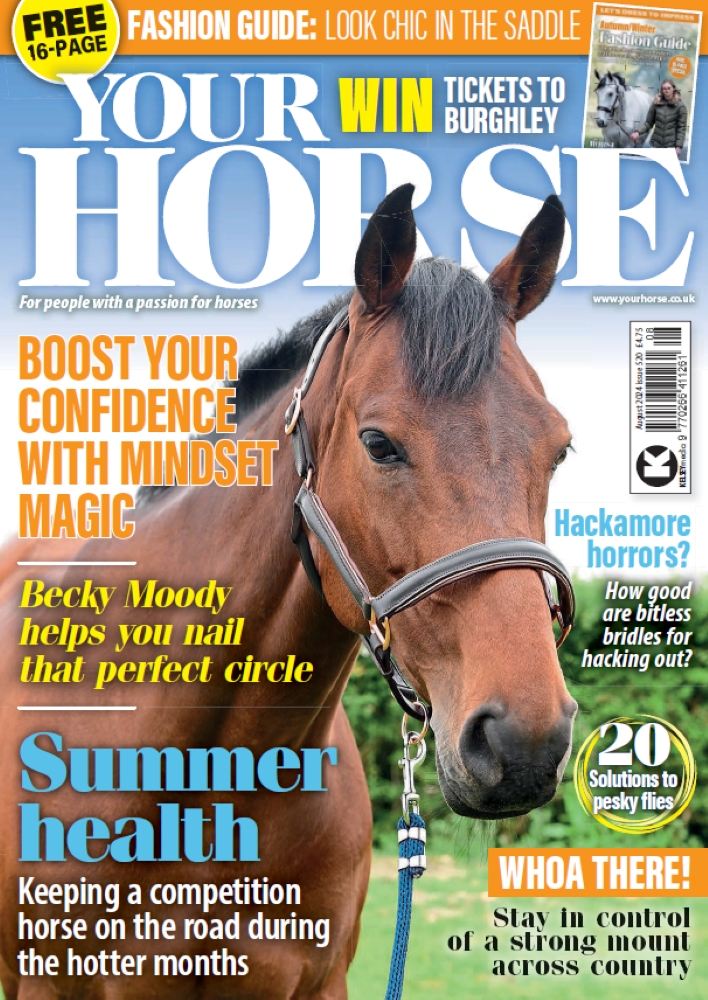A horse can stay in work well into their twenties and beyond with appropriate care and management. Vet Sarah Hunter MRCVS discusses what you can do to keep your golden oldie sound and active for longer.
If you’ve been enjoying riding and competing your horse for years but now are seeing a few grey hairs, it doesn’t mean that the fun needs to stop. Older horses can still have a competitive career, they may just take a bit longer to get fit and some adjustments to riding and competing may be needed.
Little and often
Although you can still compete an older horse, it may take a bit longer for them to reach the same level of fitness. It’s important not to rush into things – build up the amount of work and intensity slowly to reduce the chance of injuries developing. In some cases, this may require several weeks of walking exercise before moving on to harder or faster work.
Once the desired level of fitness is achieved, exercising regularly for short sessions will help to maintain fitness, rather than harder sessions a couple of times a week.
The number of competitions or bigger rides may need to be reduced, so try picking your favourite ones throughout the year, giving lots of recovery time between events. This will help to reduce the risk of injuries and help to avoid a loss in condition.
Ensure that you allow plenty of time to warm up and cool down. Your horse may be a little stiff at first, so warming the muscles and joints up before a more intense period of exercise will help to reduce injuries occurring. Walking on a loose rein for longer than usual before and after the main exercise is recommended.
Time to retire?
Knowing that your horse has been able to compete or perform at a certain level may make sure you want to strive for that same level year on year. However, as your horse starts to age, they may not be able to keep up with the expectations.
When you notice your horse’s performance levels start to drop, it may be a sign that you need to reduce the number of events entered, reduce the size of the jumps or the distance of the rides, for example, depending on your chosen discipline.
Indications that your horse may be struggling with the level of exercise include signs of lameness or stiffness, taking longer to recover from events or not looking as glossy and filled out as usual (loss of body condition). Asking your vet to give your horse a check over can help, as they may identify subtle lameness or may suggest taking a blood sample to assess organ function and look for any underlying medical conditions.
Meet the expert: Sarah Hunter BVetMed CertAVP PGCertVPS MRCVS is an equine vet at Clevedale Vets in North Yorkshire. She graduated from the Royal Veterinary College, London in 2012 and holds an RCVS in Advanced Veterinary Practise. In her spare time, she enjoys exploring her local area through riding and running.
Receive six issues of Your Horse magazine for just £15!









